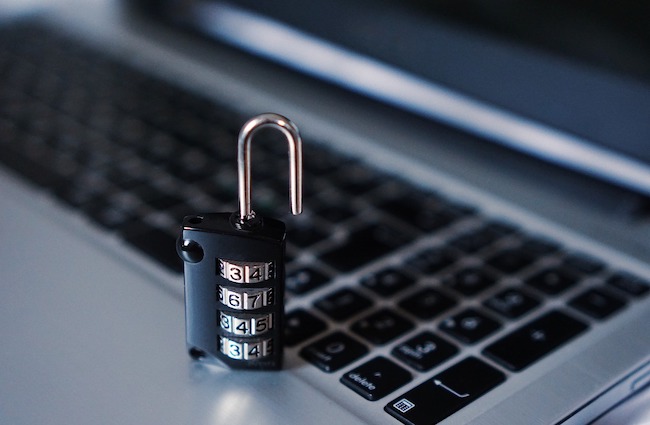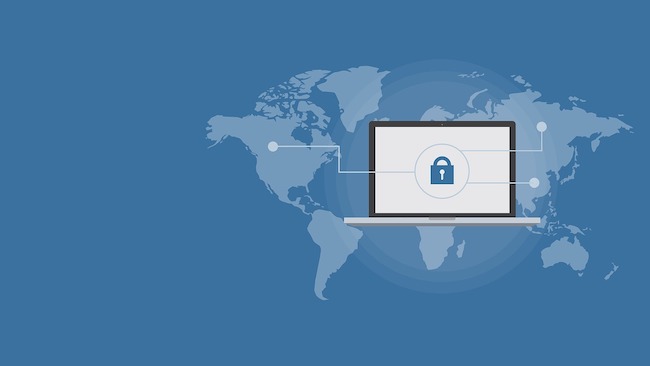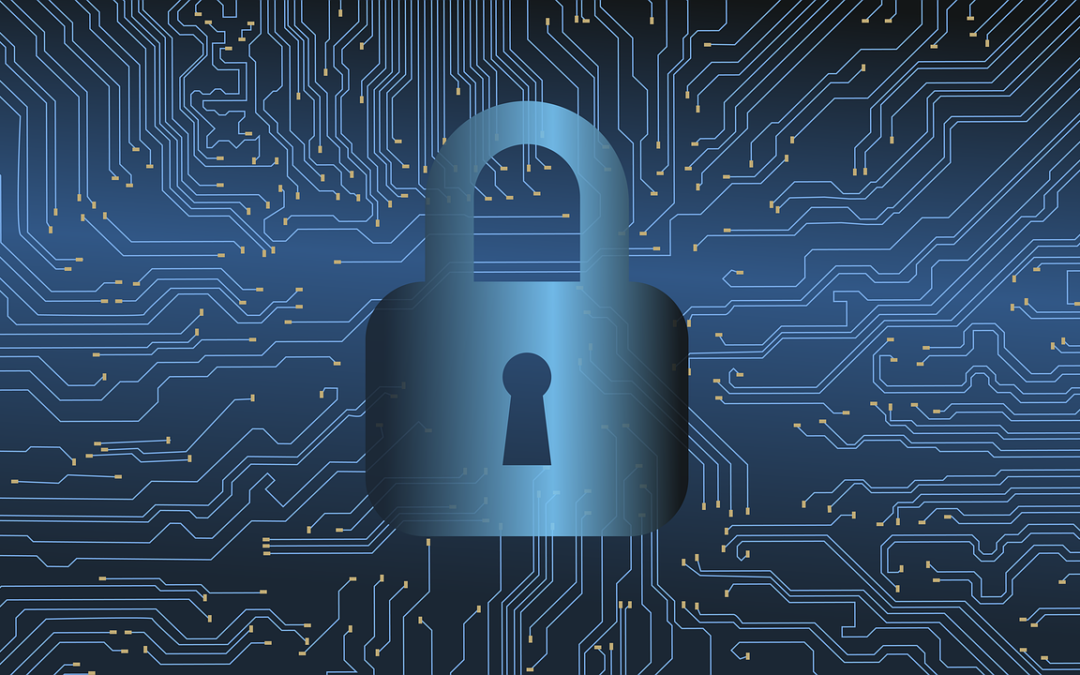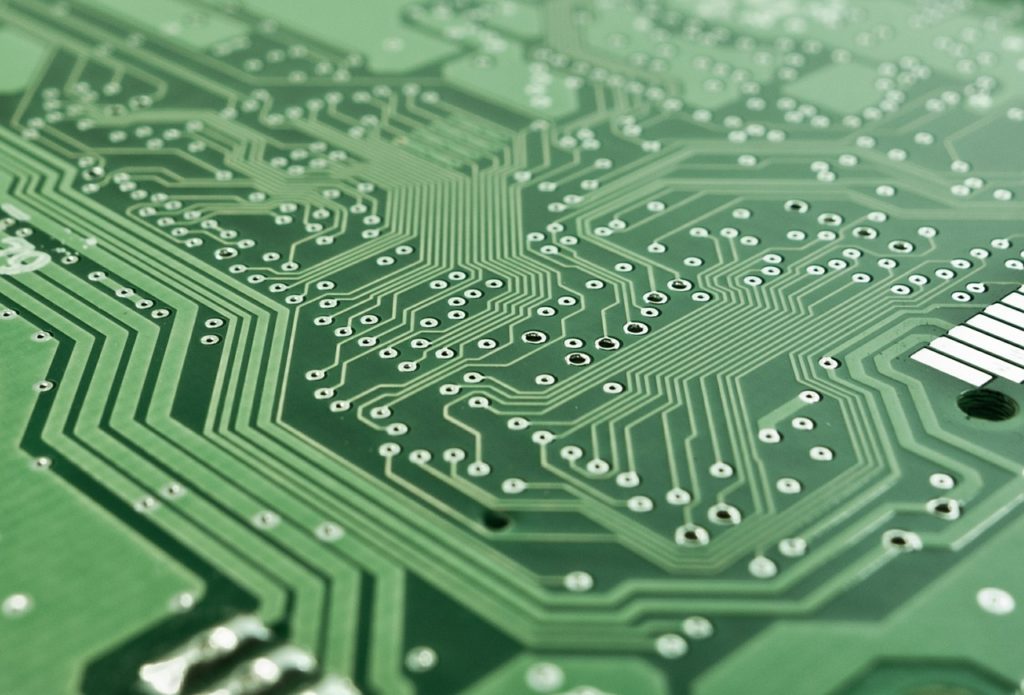Incorporating a well-thought cybersecurity policy has become a necessity of modern-day businesses. Without a proper understanding of the possible threats and how to deal with them, many companies are just waiting to get their sensitive data breached. Sooner or later, hackers and data thieves will turn their attention to an unsecured business and exploit it for their own financial benefits.
The concept of hacking has changed drastically over the years. What started as low-level virus creation and software cracking has evolved into an organized crime. Criminal entities around the world have included cybercrimes in their arsenal. Due to the global scope of organizations vulnerable to hacking, it is very difficult for the cyber task forces to apprehend these criminals.

An Overview of Cyber Threats
Increased Internet connectivity and an unavoidable dependence on it has its downside as all the connected systems in an organization are prone to security threats. Some common exploitation methods used by hackers are :
- Malware : Any type of malicious code intended to steal sensitive data is malware. These include viruses, trojan, and spyware. A distracted employee going through his emails on a company computer can easily bring malicious software and create a catastrophe.
- Denial of service : Another common attack created by sending an overload of traffic towards a specific system and crashing it or gaining its access.
- Phishing : This method is incorporated by sending a replica of commonly used web pages and trick the users into thinking that they are visiting the real website. Users enter their information, which is then sent to the hackers.
How Cybersecurity Has Evolved
The early era of cyber threats saw nothing harmful. Late 1990’s and early 2000’s saw an outbreak of low-level viruses and threats designed by novice hackers and hobbyists. Those threats weren’t very damaging and only frustrated the users. Also, the Internet was fairly new and not many businesses were dependent on it. Nonetheless, a few entry-level antivirus softwares were introduced, which did the trick and got rid of anything slightly malicious.
By the year 2006, cybercriminals started taking a professional approach because of the obvious financial gains. Their attacking methods became advanced, and old antivirus solutions were not enough. The Internet was also becoming popular as more and more people were able to access it.
There was an imminent need for advanced security solutions for corporate and small consumers. Companies like Symantec, McAfee, and a few others stepped up and introduced a number of antivirus and Internet security solutions. But there was a catch. Those solutions were more like search and quarantine, and a higher level threat was out of their reach. Despite the best efforts and several new players in the market, no company was able to provide a definitive solution against cyber-attacks.

Now : Hackers and scammers are getting even more advanced day by day. But the security solutions have also evolved, and top companies have invested in artificial intelligence, PAM and other non-conventional techniques to keep their clients secure. Modern-day solutions offer a complete security plan which can be tailored for small and large businesses.
Essential Cybersecurity Policies
Although modern-day cybersecurity solutions offer a complete package, familiarizing yourself with the essential policies is important.
- Endpoint Protection : This offers round-the-clock protection on all the sensitive devices within an organization including desktops, tablets, laptops, and smartphones. It offers protection against advanced threats which are normally not detectable by low-level software.
- Firewall : A commonly used term. Business-level firewalls are different in mechanism and stronger than the average run-of-the-mill firewalls available for the small consumers. These firewalls offer multiple layers of security and make the unexpected breaches impossible.
- Intrusion Detection and Prevention System : These systems are capable of monitoring each and every bit of traffic passing through the organization’s private network. Industrial standard systems never miss a single bit of information going through and are familiar with every type of intrusion. Upon detection of a suspicious activity, these systems are capable of taking an action on their own and prevent the damage from happening.
- Web Filtering : Keeping the employees concentrated on their work with the availability of the Internet is important. That’s why certain websites should not be accessible to them. Also, there are many dangerous websites run by people with malicious intent. If one of the employees is able to access any of those websites and brings a dangerous program into the company network, it can compromise some sensitive information before being detected.
- Encryption : Transfer of sensitive data from one system to another out of the organization should be encrypted. This can be achieved through a proper encryption policy. Moreover, certain information within the organization is supposed to be for specific people. Encryption makes sure that, even if this information falls in the wrong hands, it won’t be of any use to the person who took it.

Price of Ignorance
Denying the importance of cybersecurity is not a wise business decision. Many businesses deal with their valued clients on a daily basis. Clients trust the businesses and provide them with sensitive information. If that information falls into the wrong hands, it could cause catastrophe and the business will lose clients’ confidence.
According to a survey conducted by the EC Council, 34% of the organizations admitted to having a data breach, and only 37% were ready to deal with any possible threat.
Most of the organizations do not want to invest that much in cybersecurity, but the cost of a data breach is way higher than the initial investment on proper security.
One of the biggest data breaches in recent years was in 2014 when 50 million credit cards were stolen from Home Depot’s system. Hackers logged into the company’s computer through a vendor’s ID, and then they installed a malware on their point-of-sale system. Every credit card swipe meant that the information was sent to the hackers.
No modern-day business can thrive without technology, and to protect that piece of technology, having a proper system in place is important. Otherwise, the results could be drastic.





